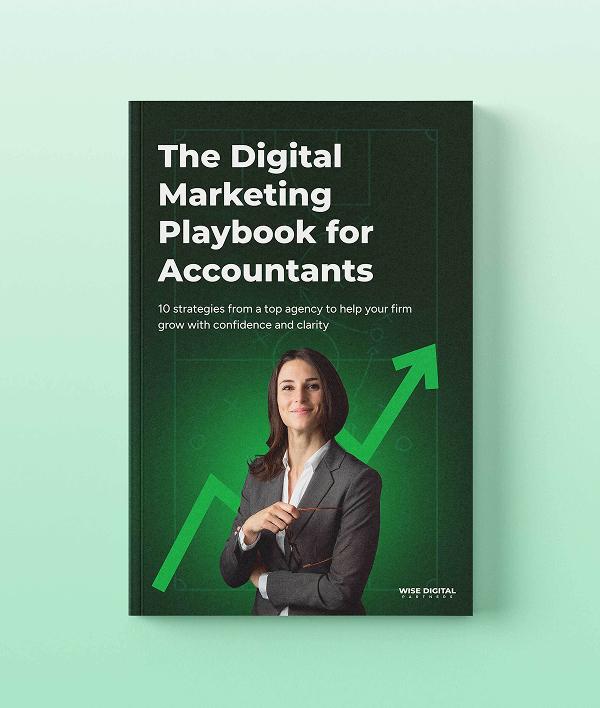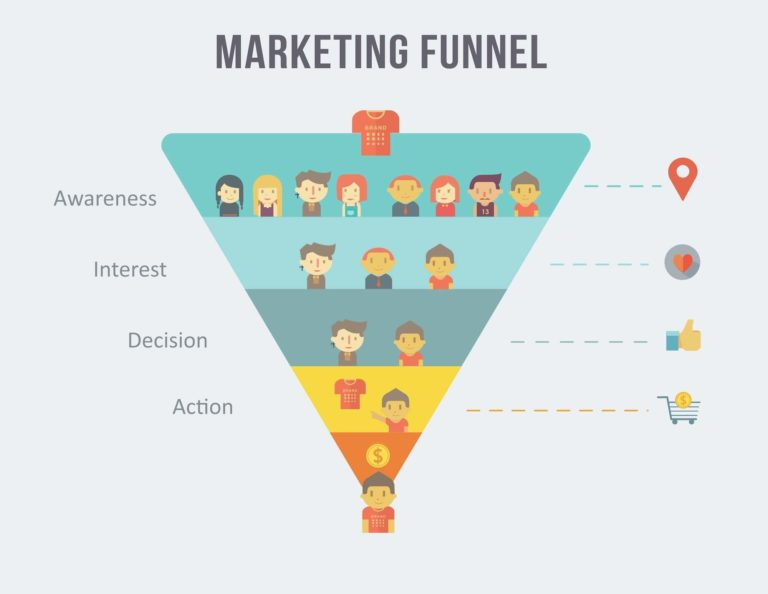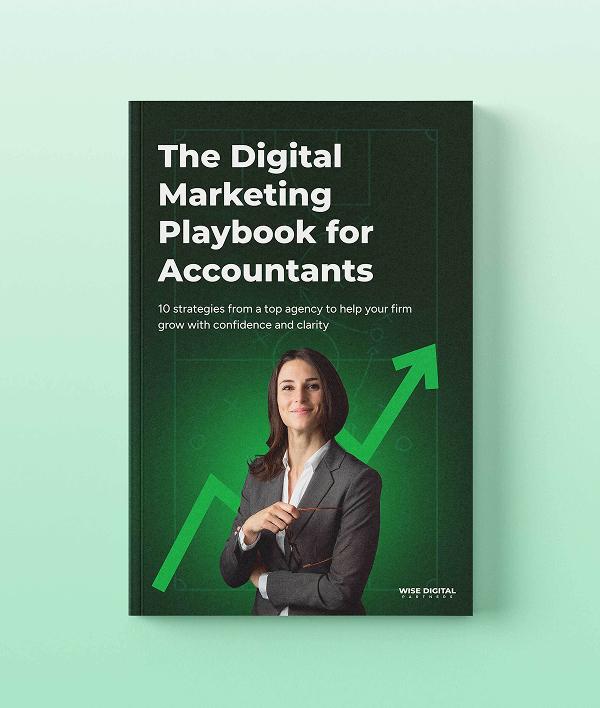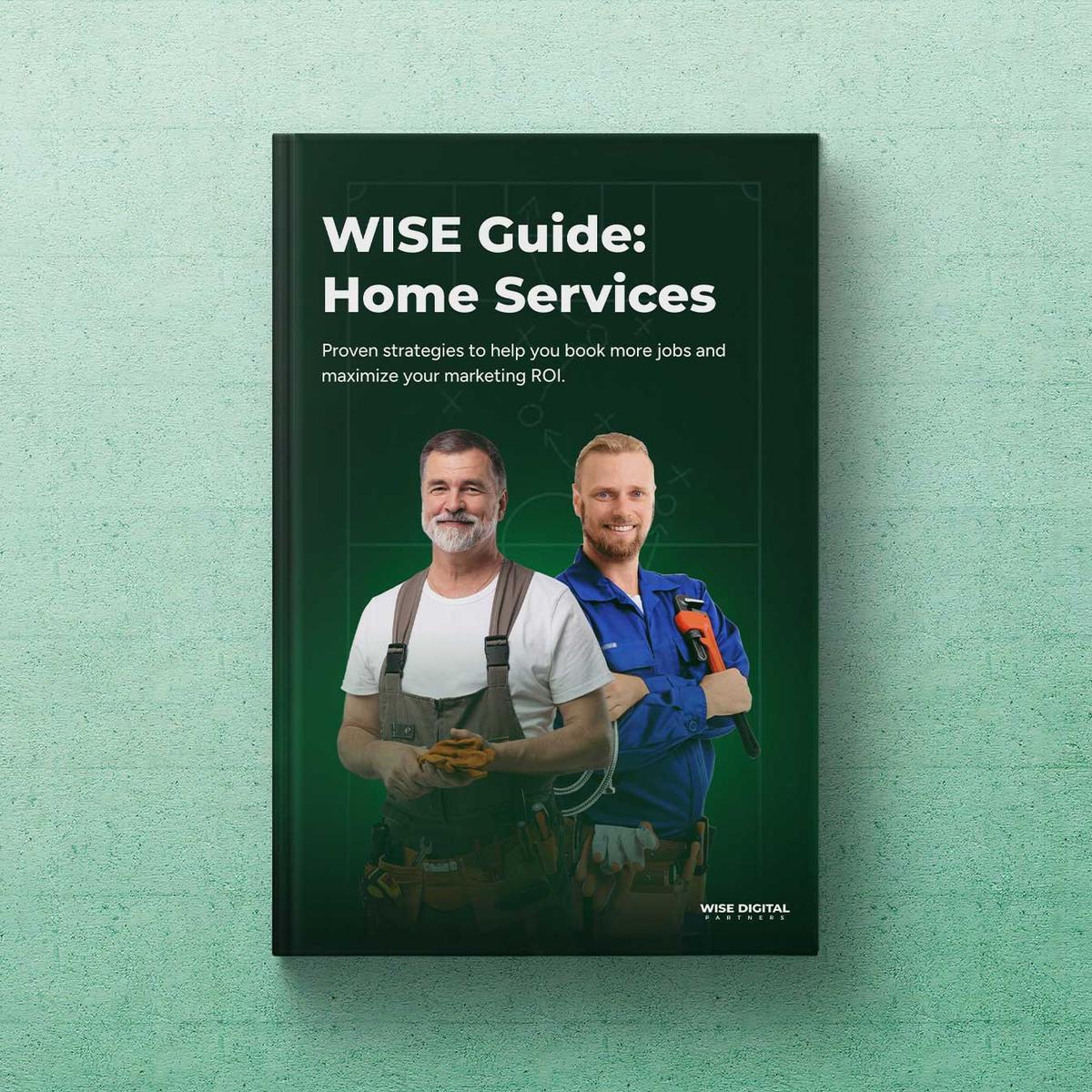It's Time to Get WISE.
A quick, honest call to assess your needs and point you in the right direction—no sales pitch. Best suited for:
- Established businesses with a defined marketing budget
- Businesses prepared to grow and scale
A deep dive with a top expert to uncover gaps and map a smarter path forward.
- Includes a $250 digital audit covering your website, SEO, local presence, and online performance—yours to keep.
- Get smart, actionable ideas you can apply to your business right away.

Enter the email you would like your guide sent to:

Enter the email you would like your guide sent to:
Apply Today
Please fill out the information below. Someone on our team will reach out in 3-5 business days to schedule a call if we see a good fit.
Book Patrick Dillon
Thanks for your interest in booking WISE CEO Patrick Dillon on your podcast! Please complete the form below, and a team member will contact you shortly.

Remove Negative Reviews.

Let’s say you’re a small business looking to bounce back on the tail end of 2020. You’re aware that 90% of consumers used the internet to find a local business in the last year, with 33% looking every day—and you know that having a strong online presence in these times is even more important.
COVID-19 has been spurring you on to take search engine optimization (SEO) seriously, and this includes considering (or reconsidering) your keyword strategy. You want to be found on Google for keywords related to your business to reach as many relevant searchers as possible.
Question: What keywords are you going after, and how do you plan to implement your strategy?
This is an important two-part question to ask. A proper keyword strategy will set you up for more search traffic and conversions in the months to come. An errant one could lead to frustration and even disillusionment with SEO in general.
Before creating, revising or implementing any keyword strategy, it’s important to clear the air of confusion and misinformation. Over the next few weeks, we’ll be addressing three SEO keyword mistakes that small businesses often make. Steer clear of these and you’ll be on your way.
Mistake #1: “Go big or go home” – Believing myths about keyword search volume
Here’s a tip you can thank me for later:
Your keyword strategy should be driven by search intent more than search volume.
In other words, focus on keywords that people might google to find you more than how many times those keywords are searched for each month.
“Obviously I need to target industry-related keywords. That said, shouldn’t I try and rank for keywords that are searched for a lot? What’s the point of showing up on Google for something that no one searches for?”
Whoa there Jane and Johnny – let’s take a step back as I unpack myths about keyword search volume.
Search Intent vs. Search Volume
It’s always good to take a step back and ask, “what’s the point?”
The point of improving your search visibility for keywords isn’t the Google rankings themselves, or even gaining massive search traffic that a highly searched-for keyword seems to promise. The point is this:
- To connect what your target audience is searching for with what your business can provide
- To engage with your audience at each level of their buyer’s journey or conversion funnel
- To drive more brand engagement, more clients, customers and sales – in essence, conversions
When it comes to keyword strategy, we begin with the end in mind. That involves selecting keywords that convert, or lead to your audience’s desired actions on your website. But the truth is, many keywords with high search volume shouldn’t be targeted because they reflect “top of marketing funnel” concerns that won’t impact the bottom line for small businesses.

Consider a law firm that wants to target “bankruptcy” or even “bankruptcy law.” These keywords are searched for a lot, but what is the searcher’s intent in googling those terms? It could be to gather information. Maybe they’re working on a paper about bankruptcy for school. They may not be looking for legal help at all. There are better keywords for a bankruptcy law firm to target.
The point is that more finely-tuned, conversion-oriented keywords are often not the ones that are searched for the most. These keywords are often longer too; 50% of search queries contain 4 or more words (WordStream). Plus, these “long-tail” (longer) keywords have a click-through rate 3-5% higher than more generic keywords. Rankings are nice, but we do want clicks and conversions beyond that.
To reiterate, the way to get there is by starting with your target audience and what they might search for to find you—especially before you get swayed by the allure of numbers alone.
“I get that, Carlo. But between one conversion-related keyword that has higher search volume and another converting keyword with lower search volume, shouldn’t I pick the higher one every time?”
This leads to yet another essential tip.
Don’t Compare Shrubs to Sequoias
Your keyword strategy should be informed by your business’s development phase—not your competitors’.
Let me put it this way: Would you bet thousands of dollars on a racehorse knowing that the 11 other horses had a ten-second head start?
Probably not. (Unless your horse had springy hooves, which is both bizarre and against the rules.)

But the truth is, some newer businesses expect their SEO strategy to help them immediately leapfrog their competition for important keywords. This is a recipe for frustration and disenchantment.
There are two solutions for horses in their first rodeo:
1) Play the long game.
2) Run some different races.
If less-established small businesses want quicker ROI on their SEO work, they would do well to target less-competitive but no-less relevant keywords to start. This often means keywords that are searched for less. You can start gaining search traffic and conversions sooner, even as you keep larger prey in your sights for the future. Remember that SEO goals can and should change. More specifically, your keyword strategy should evolve along with your business.
Now there is some nuance here that requires more expert navigation. The continued rise of local SEO and Google My Business means that Google values location much more than other factors. In one sense, you are more likely to race competitors who are closer to you. If there are fewer horses in your area, you have a better chance at crossing the finish line first in Google’s map results.
Location was already an important ranking factor before because it has been important to consumers. WordStream notes that 72% of consumers who perform a local search visit a store within 5 miles of their current location. Savvy keyword jockeys know the races they should run in, including those in the local markets nearest to them.
When You Hit One Bullseye, You Hit 10
We have discussed how long-tail keywords are easier to rank for and more likely to convert. However, there’s another benefit of targeting these search queries. When you target and start ranking for a long-tail keyword, because they’re easier to rank for, you’ll often end up ranking for many keywords just like it.
As an example, let’s say your spacesuit business website has poor search visibility. (Let’s also say it’s the year 3000 and this is a booming industry.) You started out trying to rank for “spacesuits,” which is searched for 100x/month in your city—but you failed, landing zero search traffic from this keyword and poor rankings. The keyword is simply too competitive and your site is too new to be considered authoritative.
Should you assume that SEO is not for you right now? I wouldn’t make that call—just enter your horse in a race you can win. Try ranking for “spacesuit shop san diego” instead.
“But Carlo,” you protest. “This keyword is searched for only 10x/month. Is this really worth my time?”
If it could bring you relevant traffic and more conversions, you bet it is. But here’s the magic of long-tail keywords: don’t forget to add a multiplier. When you start ranking for the less-competitive “spacesuit shop san diego,” to your surprise you check Google Search Console and find you’re also gaining search traffic from four related keywords as well: “spacesuit store san diego,” “spacesuit company san diego,” “best spacesuit shop san diego,” and “spacesuit shop near me” Each of those queries in this keyword cluster (group of related keywords) is searched for 10x/month too. Now you have liftoff!
You see, you previously overvalued the 100x/month keyword (“spacesuits”). It brought you no traffic and clearly didn’t bring you the ROI you were looking for. In time—and with better content and more optimization—you’ll have a chance of entering that race and winning some prize money.
But instead of giving up, you turned to the 10x/month keyword you previously undervalued (“spacesuit shop san diego”). This not only brought you search traffic, it helped you realize that 10x/month wasn’t an accurate valuation of the return. The actual search volume was more like 50x/month if you added up the search volume from all the related keywords you’re now ranking for too.
Do you see the difference? It’s better to win five smaller races at once than enter big race after big race and come in dead last.
Lest you think I’m just theorizing, we’re seeing this strategy pay off for our own brand. There are digital marketing agencies who have been around longer than we have, who win the races we’d love to win (and plan to win) in the future. But instead of hanging up our hooves, we’re simply playing the game wiser and going after the long-tail keywords they’re missing right under their noses. The race is not always to the swift, but to the wise.
Your Small Business Can Win At The Races Too
It starts with picking the right keywords. To sum up:
- Small businesses need to let search intent drive their keyword strategy more than search volume.
- Small businesses are often not in a position to target highly searched-for, highly-competitive keywords right off the bat.
- Long-tail (longer) keywords are easier to rank for and more likely to convert—plus ranking for one means you’ll likely rank for related keywords as well.
- Understanding your business, your audience, your industry, and your competitors will help you determine which SEO races you can run in and win sooner.
While some small businesses know this, most often lack the time, know-how or other resources to do what needs to be done to win online.
If you need insights concerning your SEO strategy—or you’d prefer to leave it to the experts— let us know. We can help any horse reach the winner’s circle. It just starts with the right keyword strategy and knowing exactly which races to win.
Tune in later this month for the second part of this series, “SEO Keywords Mistakes That Small Businesses Make”!
Share
Subscribe to WISE Insights
Stay ahead of the digital marketing curve and never miss a lucrative trend or insightful tidbit – subscribe to our WISE blog!
Keep Reading
Build. Grow. Soar.
Get WISE about digital marketing with advanced services, industry experts, and cutting-edge tools designed for long-term, sustainable growth.








